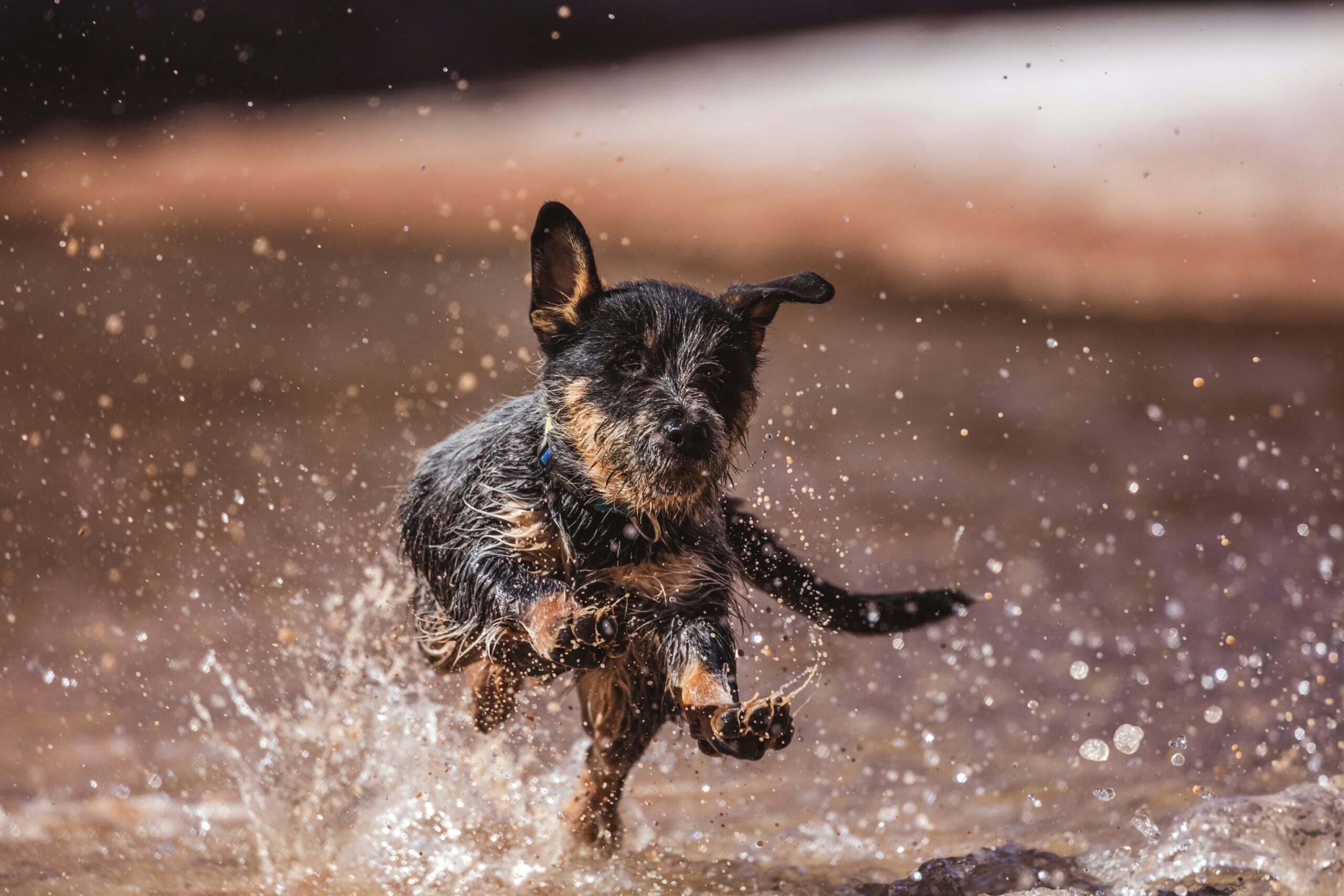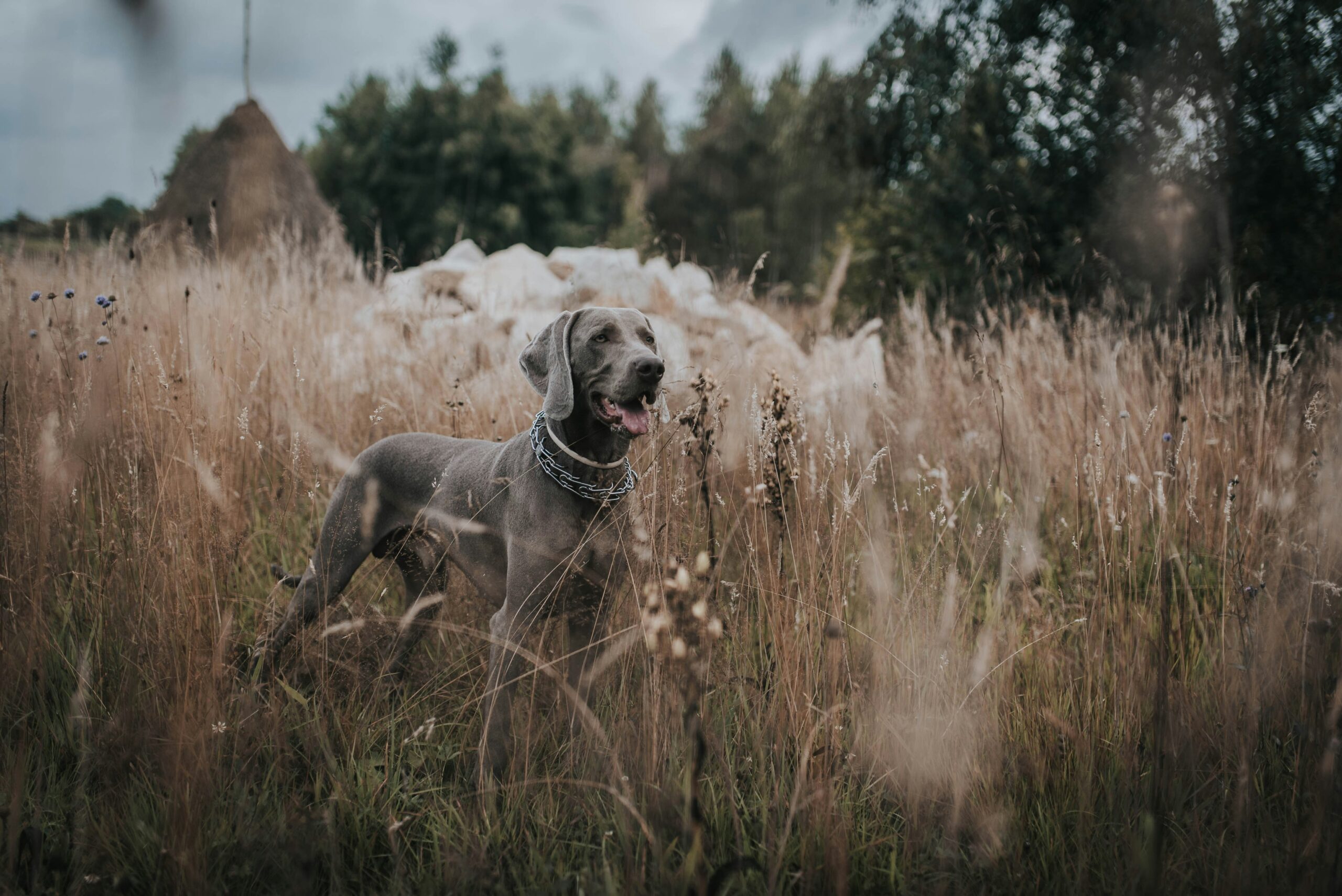Ever wondered why your hunting dog seems to run out of gas halfway through a long day in the field? You’re not alone. Many hunters overlook one critical factor: endurance-focused nutrition. Spoiler alert—your dog’s kibble might be working harder against them than for them.
In this guide, we’ll uncover how specialized pet food can transform your hunting dog’s stamina and performance. From decoding labels to real-world feeding strategies, you’ll learn:
- The science behind endurance-focused nutrition.
- Step-by-step tips on selecting the right food.
- Proven best practices from seasoned hunters and vets.
- Mistakes you’re probably making (and how to fix them).
Table of Contents
- Key Takeaways
- Why Endurance Matters for Hunting Dogs
- How to Choose the Right Food
- Top Tips for Optimizing Nutrition
- Real-Life Success Stories
- Frequently Asked Questions
Key Takeaways
- Hunting dogs require specific nutrients to sustain energy over long periods.
- Poor-quality food can lead to fatigue, muscle soreness, and decreased performance.
- High-fat, moderate-protein formulas are ideal for endurance-focused nutrition.
- Hydration is as crucial as diet when it comes to stamina.
- Consult with a vet or canine nutritionist before switching foods drastically.
Why Endurance Matters for Hunting Dogs

Rant time: Picture this—a gorgeous morning in the woods, shotgun ready, but your pup is lagging behind like they’ve just binge-watched Netflix on the couch all night. Why does this happen? Because their bodies aren’t getting what they need to perform at peak levels.
Here’s my confession: I once fed my retriever generic grocery store dog food because “it was cheaper.” Big mistake. His coat dulled, his energy tanked, and he couldn’t keep up during waterfowl season. That’s when I learned that endurance-focused nutrition isn’t optional—it’s essential.
What Happens Without Proper Nutrition?
- Fatigue sets in faster due to inadequate glycogen stores.
- Muscle recovery slows down, increasing injury risk.
- Weight fluctuations affect overall agility.
How to Choose the Right Food

Optimist You: “Let’s pick the perfect food!”
Grumpy You: “Ugh, fine—but only if coffee’s involved.”
Step 1: Look for High-Quality Ingredients
Avoid fillers like corn and soy, which offer zero nutritional value. Instead, prioritize whole meats, healthy fats (e.g., fish oil), and complex carbs (e.g., sweet potatoes).
Step 2: Check Fat-to-Protein Ratios
Ideally, aim for foods with higher fat content (around 18-20%) and moderate protein (24-30%). Fat provides concentrated energy, while too much protein can strain kidneys during prolonged activity.
Step 3: Read Reviews and Vet Recommendations
Don’t take marketing claims at face value. Research brands recommended by veterinarians who specialize in sporting dogs.
Terrible Tip Alert!
Thinking about DIY diets without expert guidance? Bad idea. A single nutrient imbalance could sabotage your dog’s health—and trust me, no Instagram photo op is worth that gamble.
Top Tips for Optimizing Nutrition
- Gradual Transition: Switch foods slowly over 7-10 days to avoid digestive upset.
- Pre-Workout Meal Timing: Feed a small meal rich in carbs 2-3 hours before hunting trips.
- Post-Activity Recovery: Incorporate lean proteins post-workout to aid muscle repair.
- Keep Hydrated: Always carry fresh water—and yes, electrolyte supplements exist for dogs too.
Real-Life Success Stories

Cue success story: Mike, a seasoned pheasant hunter from Wisconsin, struggled with his Labrador’s dwindling stamina until switching to a high-fat endurance formula. Within weeks, his dog was bounding through fields like never before. “It’s chef’s kiss for drowning algorithms,” Mike says. (Okay, maybe not exactly, but you get the gist.)
Frequently Asked Questions
Q: Can I feed my hunting dog regular puppy food?
Absolutely not. Puppy food lacks the precise balance of fats and proteins needed for sustained energy demands.
Q: How do I know if my dog has food allergies?
Look for signs like itching, ear infections, or gastrointestinal issues. Consult a vet for allergy testing if unsure.
Q: Is grain-free better for hunting dogs?
Not necessarily. Grains aren’t inherently bad; focus instead on quality ingredients and balanced ratios.
Conclusion
Fueling your hunting dog with proper endurance-focused nutrition is more than a luxury—it’s a necessity. By choosing the right food, following best practices, and avoiding common pitfalls, you’ll set your furry partner up for countless successful outings.
And remember: Like a Tamagotchi, your dog’s health needs daily care. Now go forth, armed with knowledge sharper than any duck call!
Haiku moment:
Energy unleashed,
Fields stretch beneath swift paws—
Fuel wisely, friend.


